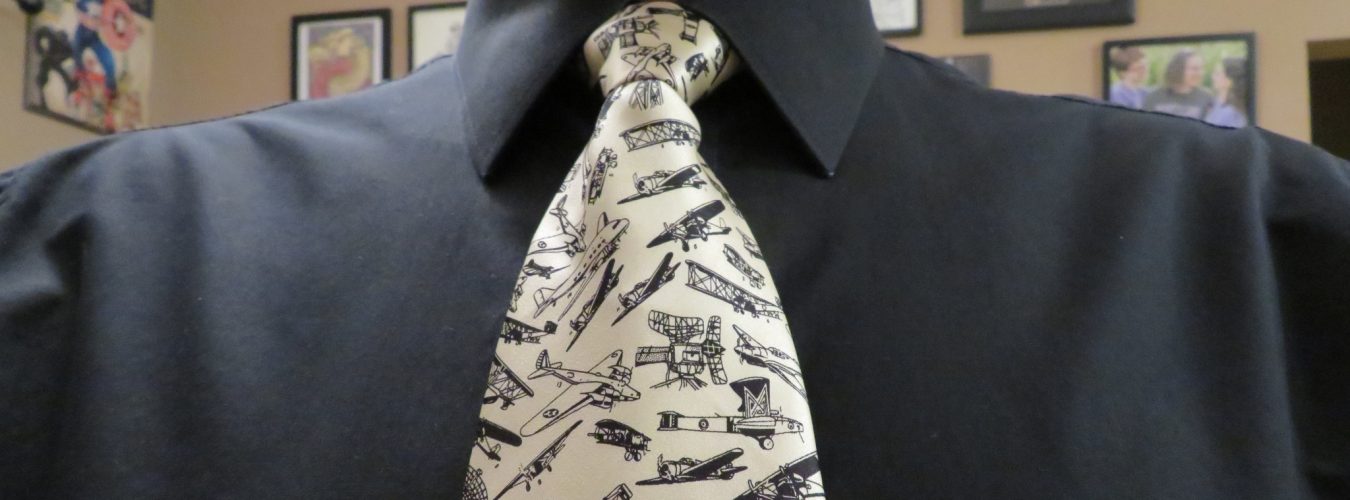On Monday morning, students took the semester final for Game Studies at Taylor University. As the course was coming to an end, Dr. Geisler and I began the process of reflecting upon how to move forward with this course in the future. We received some great feedback from our second class of students and have made lots of notes. When you hear words like this on course evaluations, you know you have to offer the course again.
“This course provides students with the opportunity to explore systems and the design process through the creation of their own original game.”
“Game Studies is a class about studying how games work and how to design a tabletop game. This is accomplished by iteratively designing your game and playing and analyzing a variety of other games each week.“
“This course is not about just playing board games, though that does happen occasionally. It is about learning how games work and how people interact with them along with the other players”
As Dr. Geisler and I have chatted during the final weeks of the course and listened to feedback from the students, we have determined some topics we want to take a second look at in the next revision of this course.
- Iterative Design – We made significant changes this semester with the iterative design, making it more of a focal point of the course. We both feel this improved the course, but also felt (and heard from the students) that our schedule needed adjustment. We made some mid-course corrections but need to do more next time. We need to spend much longer with the paper prototypes developing the game before moving into components and aesthetics.
Game Proposal
Game Iteration 0 – Outline
Game Iteration 1 – Paper Prototype 1
Game Iteration 2 – Paper Prototype 2
Game Iteration 3 – Paper Prototype 3
Game Iteration 4 – Paper Prototype 4
Game Iteration 5 – Paper Prototype 5
Game Iteration 6 – Component Prototype 1
Game Iteration 7 – Component Prototype 2
Game Iteration 8 – Rulebooks
Game Presentations - Cost of the Course – Groups varied in how much they personally spent on their game design. By moving to more paper prototypes, that will significantly reduce costs, but we are also contemplating (per recommendation of the students) adding a course fee to help balance the cost of component printing and design. Also thinking of doing some work with whiteboard-capable index cards and game boards for early development.
- Playtesting – We need to find ways to provide more organized playtesting opportunities for our students in the course. We are contemplating adding a lab component that would be like a mini protospiel and inviting others on campus to come for playtesting. Perhaps even providing snacks and prizes for those who come assist with playtesting. Our students struggled later in the process of finding playtesters willing to assist with their games.
- Critical Analysis – We did spend more in-class time working together as a group analyzing games, but we need to do even more. The individual game analysis labs went well, but the students didn’t always feel they were truly understanding the purposes of these analyses. We need to devote some class time after each game lab to discuss the analysis along with the write-ups they submit.
Both Dr. Geisler and I really enjoyed teaching this course. It was challenging teaching this the second time around with a new professor, but we learned alongside the students. This second class of students was very open with feedback and really gave us some needed critiques of how to make the course even better during the semester and for when next we teach the course (we hope in Fall 2019 or Spring 2020).
Once again, this course had a huge impact on me. Prepping lessons and teaching for four months on game studies really forces me to delve into the subject matter. I learn right alongside my students. This class comes to a close, and I am excited to teach it again. Already pulling notes together, like this blog post, about what to do next time to make the course even better.
If you have taught a similar course, we would love to hear about your experiences once it was completed. What did you learn? What did you change in the course?



2 thoughts on “Game Studies Course: Reflections After the Second Edition”